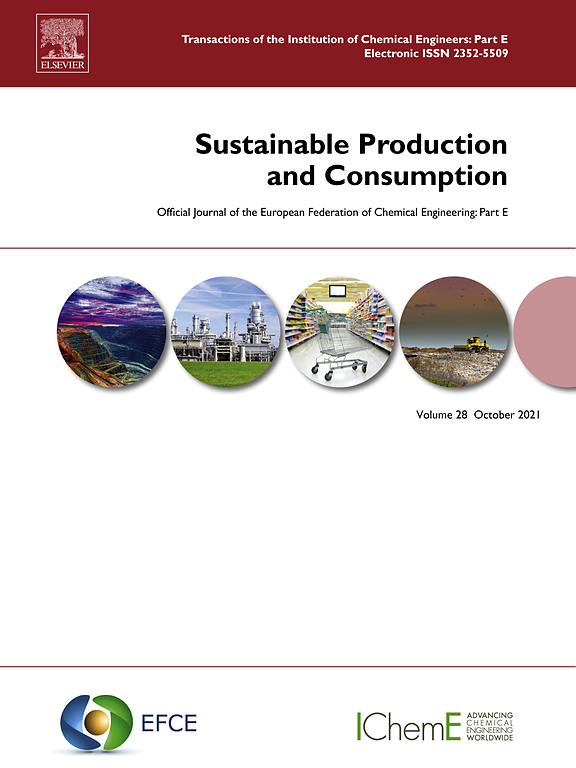Leave a Reply
You must be logged in to view and post comments.
Over the past few months, the COVID-19 pandemic has postponed many renewable energy projects because of disruptions in the technology and finance supply. Additionally, the existing power plants are inefficient because of a record drop in demand for goods and services caused by lockdowns in cities. This situation poses huge challenges to the resilience of renewable energy supply networks in the face of deeply hazardous events, such as the COVID-19 pandemic. Therefore, the purpose of this study was to design a resilient renewable energy supply network considering supply, demand, and payment risks caused by COVID-19. The objective of the proposed model was to determine the optimal amount of electric power generated and stored to meet the demands and the risk-sharing effort index to maximize the total resilient profit of the power plant and determine the optimal price adjustment index to minimize the cost to consumers. A government subsidy-based risk-sharing model was developed to enhance the resilience of the concerned renewable energy supply network under the pandemic. To overcome uncertainties in both random and risk events, a robust fuzzy-stochastic programming model was proposed to solve these research problems. Computational experiments were conducted on the test supply network in Vietnam. The results showed that the resilient energy supply network with the risk-sharing model tended to stabilize the total profit with the different impact levels of COVID-19 compared to the network without risk-sharing. The proposed model efficiently tackled both uncertainties in random and hazardous events and had a higher profit and shorter CPU time compared to the robust optimization mode.
